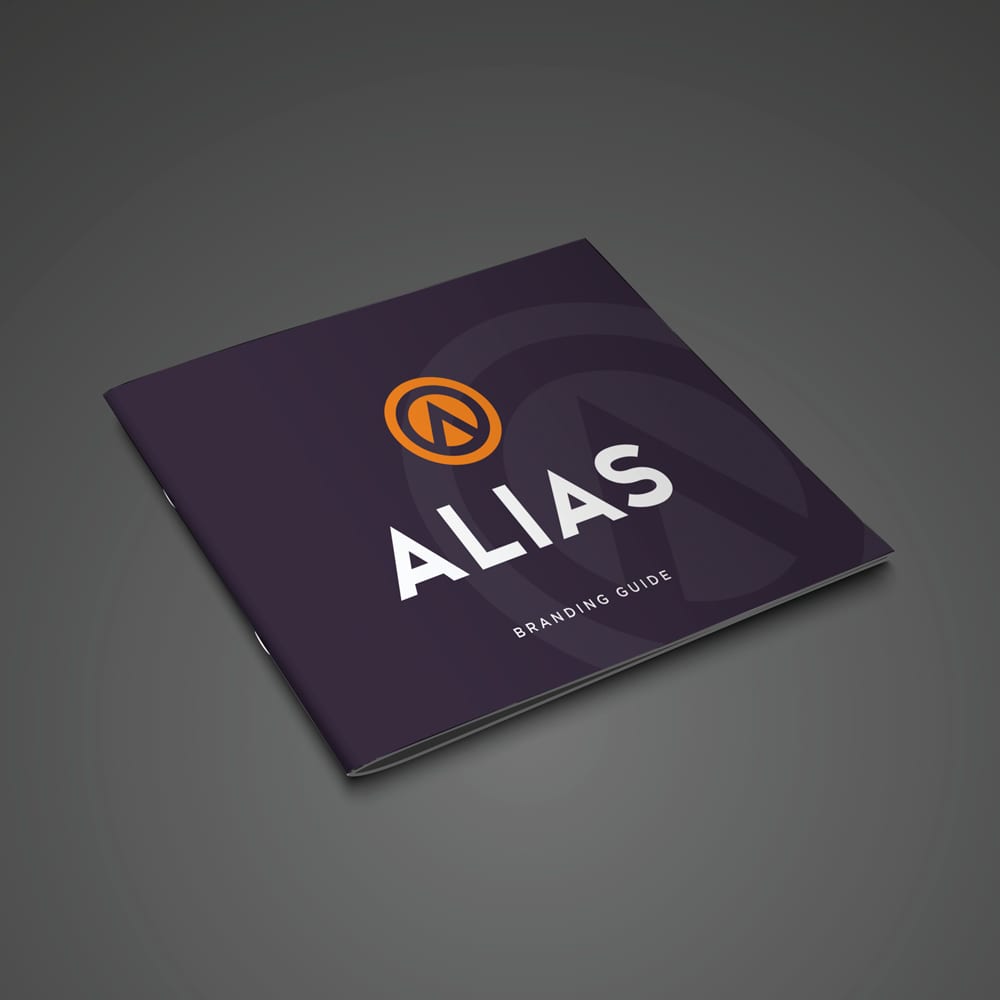Although the history of cryptocurrency could fill volumes of books and online articles, and it has, it’s still prenatal compared to the history of coin currency through the ages.
Take for example the Mesopotamian shekel. It is said to be the first known form of coin-type currency, surfacing nearly 7,000 years ago. To put this into perspective, the rise of cryptocurrency starting in 2009 with the emergence of the almighty Bitcoin until now is only .001% of the entire history of currency in culture.
One year in crypto can feel like ten, (whales, bulls, and bears, oh my) and we are still in the very early stages of its use and adoption. What we have seen, especially in the last 4-5 years is an explosion of new coins hitting the market, with well over 1000 new crypto projects popping up, but only a handful survived this past bear run.

According to some coin tracking projects like Coinopsy, which tracks cryptocurrency fails, scams, etc, roughly 1/3 of all projects have failed. Another 1/3 are just copy-paste code with no following or innovation. That said, there is still lots of room in the market for multiple cryptocurrencies to flourish. Some foresee the future of currency like restaurants, with different flavors and experiences, catering to specific market segments, use cases, and philosophical interests. Bitcoin, the proverbial “king” of the moment may one day find itself a cobwebbed relic on display in monetary history museums due to its laundry list of shortcomings. These currently include limited scalability, high transaction fees, and painfully long transaction times. In fact, many other cryptocurrencies, even obscure joke coins, may perform a better job at solving some of these problems. But whether due to market share, loyalty, or just plain timing, Bitcoin is still ranked #1.
So, after going on 12 years and some significant bear/bull markets, who’s still standing?
One of the survivors, which surprisingly had one of the most successful ICOs in history, quietly hit the market on November 20th, 2016. At the time it was a fork of Shadowcoin and they called themselves Spectrecoin. Spectrecoin’s main focus was privacy, but they also wanted to create a project that was eco-friendly and democratic, incentivizing those that saved, as opposed to just a handful of miners, as in Bitcoin’s consensus. They innovated and created their own network using a Proof-of-Stake V3 protocol along with a combination of Tor, Ring Signatures, and Stealth Addresses. Newly re-named ALIAS, they’ve bundled up this package and have one of the most private cryptocurrencies you could use, claiming total user data protection.
User Data Protection Under Fire
Governments are striving to criminalize digital privacy under the pretense of increasing online safety and preventing the potential for money laundering. As a result, many exchanges have been delisting privacy projects whose only aim is protecting privacy. Established projects like Alias and newcomers alike are working overtime despite this adversity to release the latest in bleeding-edge technologies that focus on our data protection.
One has to only look at recent Github activity, and it’s clear that privacy projects are ramping up their development and delivering on their roadmaps, with projects like Alias, PIVX, ZCash, Monero, and Particl, to name a few. It seems like the privacy crackdown is not slowing these projects down, and Alias is confident in the need for its product as well.
“Privacy for the users is at the heart of everything we do,” says Eirik, one of the project stewards at Alias. “No attempt should be made to criminalize digital privacy; it should be an undisputed right.”
Alias committed to user data protection and adoption
With the popularity of DeFi projects, one can see that the next big wave of cryptocurrency innovation and adoption is practical use-case applications. But so many projects are mere clones of past projects or applications and have zero vision for making anything better. They want to pump, dump, and walk. Projects like Alias and others have positioned themselves to build off their strong tech and become currency leaders while innovating within the user-data-protection (UDP) market.
But these applications are limited if they are just tied to your desktop. This is why Alias has released a unique full-node mobile private wallet. The first and only project to make this claim. They asked the question; why be stuck privately managing your funds at your desktop? We are a mobile culture! And so, Alias has introduced this full-featured Proof-of-Anonymous-Stake (PoAS) wallet for Android allowing mobile users to spend, send and earn rewards while maintaining their right to privacy and full user data protection. Its official release was December 24, 2020. It was a Merry Christmas to privacy crypto-lovers!
As cryptocurrency continues to mature, many are still betting that privacy or user-data-protection projects will find a strong foothold in many markets around the globe, especially as the ability to use, trade and store privately is becoming easier and safer. Alias has proven its longevity and technical strength and with the first full node private PoS wallet, solidifies its trajectory to ever-growing adoption.
Alias was born out of a desire to create a simple, borderless, private cryptocurrency, improving on Bitcoin’s original idea with more robust privacy protocols and a more energy-friendly network through the use of Proof-of-Stake. Alias has a highly competent core development team, comprised of software architects and engineers with decades of experience, and aims to position itself at the forefront of the decentralized privacy revolution.
For more information go to www.alias.cash
For an at a glance of the project go to Alias at a Glance
Twitter: https://twitter.com/alias_cash
Facebook: https://www.facebook.com/getalias
Discord: https://discord.gg/ckkrb8m

